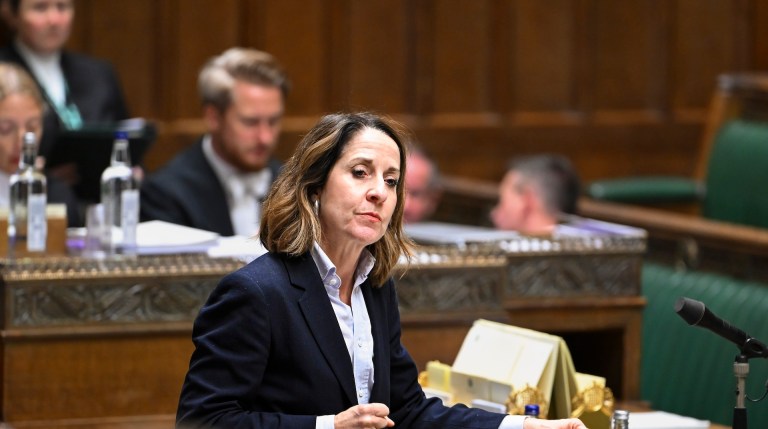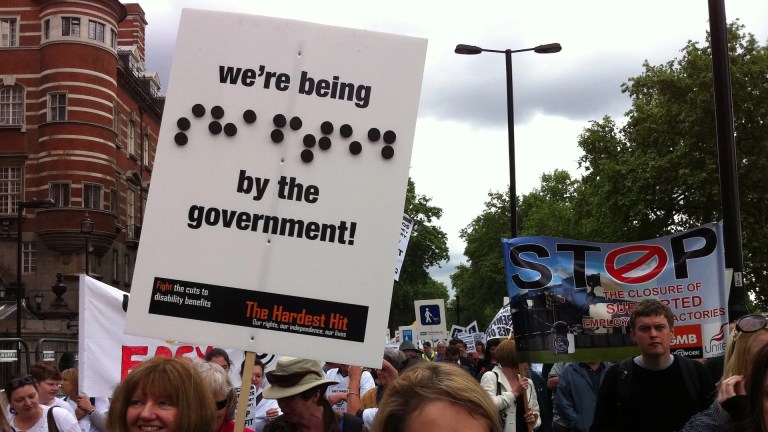“And, regardless of geography, race or class, the life-chances and employment opportunities of young people have been especially badly affected.”
Lockdowns have taken income away from hundreds of Big Issue sellers. Support The Big Issue and our vendors by signing up for a subscription.
Six million people currently access Universal Credit but the Government has refused to make a £20-per-week increase introduced at the start of the pandemic permanent. It is currently due to end in September, at the same time as the furlough scheme, creating what many experts have referred to as an economic and social “cliff edge” for millions of people who are struggling through the pandemic.
While the UK’s current social security system handled the March 2020 surge in Universal Credit claimants – the number of people receiving the benefit has nearly doubled since then, with 100,000 people applying in a day at times – analysts said it will not be enough to deal with another expected rise after the Covid-19 threat passes.
“Certainly not as it did post-2008, when it helped to prevent the increase in income inequalities typical of recessions,” the report said.
UK benefits replace an average 13 per cent of earnings, researchers noted – compared to an international average of 50 per cent – and does not go far enough to support unemployed people.
Advertising helps fund Big Issue’s mission to end poverty
The pandemic’s disproportionate impact on already disadvantaged people has “widened a schism in society,” according to the report, hitting the incomes and safety at work of BAME groups and women hardest.
Policymakers must look beyond the health crisis to repair the profound social damage wrought by the pandemic
Hetan Shah, chief executive of the British Academy
The Covid-19 crisis has presented the Government with an opportunity to improve the resilience of the UK’s economy, researchers said, suggesting an approach that could be “more inclusive, sustainable and green”.
The country’s recovery from the pandemic should also mean treating access to devices and broadband as “a critical, life-changing public service,” researchers said, which could narrow income and attainment gaps.
“A year from the start of the first lockdown, we all want this to be over,” said Hetan Shah, chief executive of the British Academy.
Advertising helps fund Big Issue’s mission to end poverty
“However, in truth, we are at the beginning of a Covid decade. Policymakers must look beyond the immediate health crisis to repair the profound social damage wrought by the pandemic.
“This means looking across education, employment, welfare, urban planning, community support and digital policies. It will require investing in civil society and our social infrastructure to strengthen our local communities, especially in our most deprived areas.
“We also need a more joined-up policy approach across government departments focusing on supporting children and young people whose lives have been so blighted by the pandemic.
“Science has given us the vaccine to respond to the health crisis, but we will need social science and the humanities to meet the social, cultural and economic crises we face in the Covid decade.”










